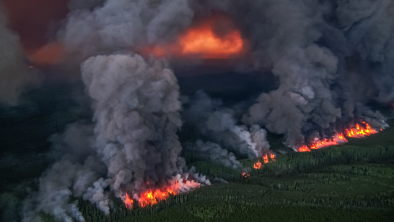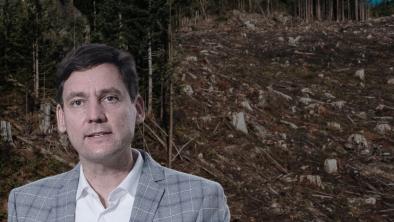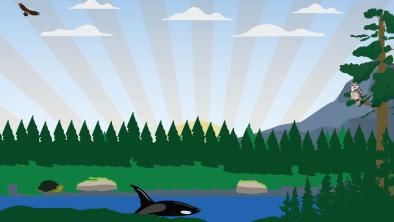Don Cayo: Libel case may have implications for other clashes over the environment
Vancouver Sun

What is a SLAPP suit?
SLAPP is a new-ish acronym that stands for “Strategic Lawsuit Against Public Participation” — a slur that critics have coined to sling when a big guy, usually a business, sues a little guy, usually a citizen or a non-profit, for no better reason than to shut them up.
Or, in the words of Wikipedia, it is “a lawsuit that is intended to censor, intimidate, and silence critics by burdening them with the cost of a legal defence until they abandon their criticism or opposition.”
But what does this bare-bones definition mean in practice? In acrimonious public debates, where should the line be drawn between blustering bullies trying to dampen free speech and genuinely aggrieved litigants standing up to real and hurtful assaults on their reputations?
The jurisprudence on this is a work in progress, as it is on a related issue that can bedevil both sides when in heated and polarized clashes between companies that propose and activists who oppose. It’s the not-definitively-settled question of when the value of unfettered debate might outweigh some or all the constraints on free speech that could, in the absence of legitimate public interest, be considered libel?
British Columbians may get a little more insight into how the law views both these question when judgment is rendered on a libel case, Taseko Mines vs. the West Coast Wilderness Committee, that heard closing arguments this week.
Taseko is basing its libel action on postings on the WCWC website that said many harsh things, mostly about what the organization perceives as the dangers to the environment of the company’s revised proposal for storing toxic tailings from the New Prosperity gold-copper mine it wants to build near Williams Lake. But WCWC also publicly described Taseko’s legal action, the one being hashed out in court this week, as a SLAPP suit, and Taseko claims that’s defamatory, too.
The trial involved two weeks of testimony in January plus three days of arguments this week. And, like most trials of this nature, both sides tended to toss in everything but the kitchen sink. Taseko, living up to its billing as the complainant, complained about pretty well every negative point it could find in WCWC’s several postings that tried to drum up opposition to the mine proposal. And the respondents responded with almost every defence the law allows in libel cases.
These defences include three old standbys — justification (arguing that what they said it true), fair comment (claiming a reasonable person could and did believe what they concluded and commented on), and privilege (maintaining that, in referring to the SLAPP suit, WCWC only reported what it had said in court documents where their assertions are protected from lawsuits). In addition, they claimed the new and yet-to-be-thoroughly-tested defence of responsible communication on a matter of public interest, a principle the Supreme Court of Canada has introduced in a couple of recent defamation cases.
Judgment is reserved, but when a ruling is handed down, it could deal with several questions. WCWC has admitted posting claims that, in effect, say the second Taseko proposal is more environmentally risky than the first one that was turned down by a federal environmental review in 2010, but the court will still have to decide if these statements are actually defamatory, or merely infuriating to the company. If it finds the words capable of defaming, it then must look at each of the defences put forward by the WCWC and determine if the law allows these things to be said anyway.
What makes the judgment potentially interesting is not just the outcome for the two parties involved, but also the potential implications if the court finds the case definitively is or is not a SLAPP suit, or if it deals in depth with the responsible communication defence. Both these fairly untested areas of law have substantial implications in a province where the only thing as certain as death and taxes is that industrialists and activists will lock horns sometime soon in an area near you.
Photo: Fish Lake.


